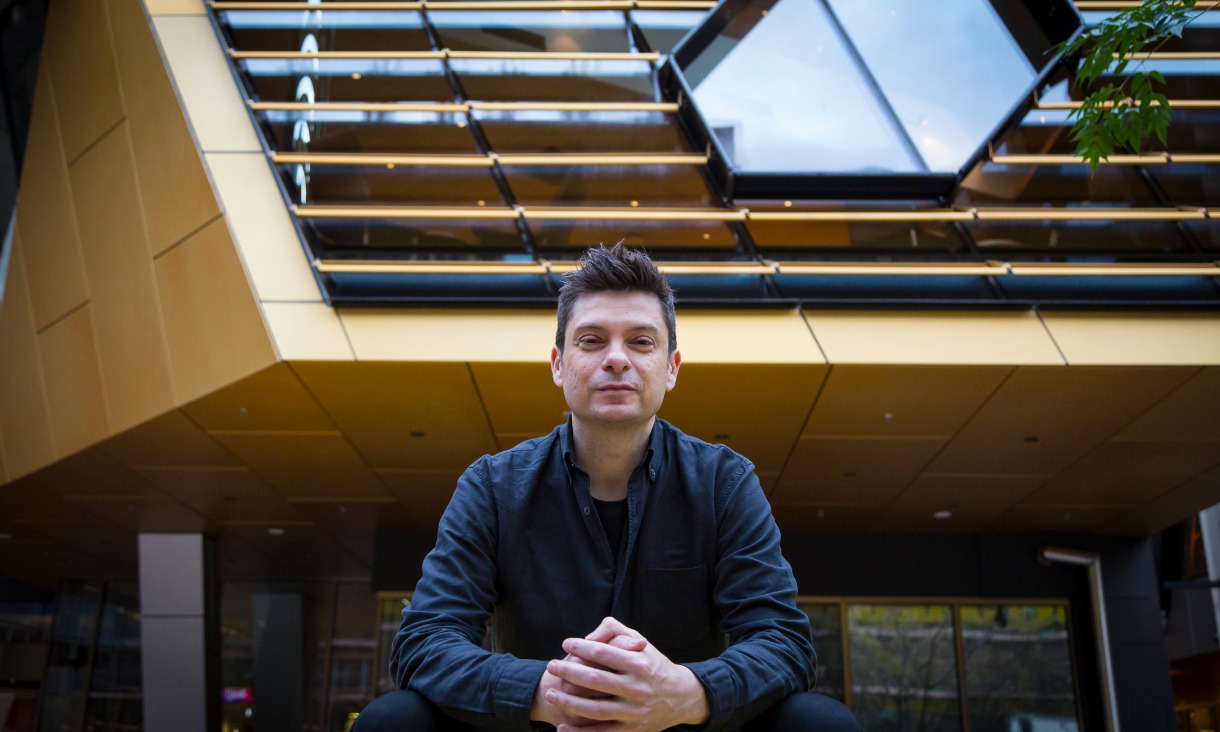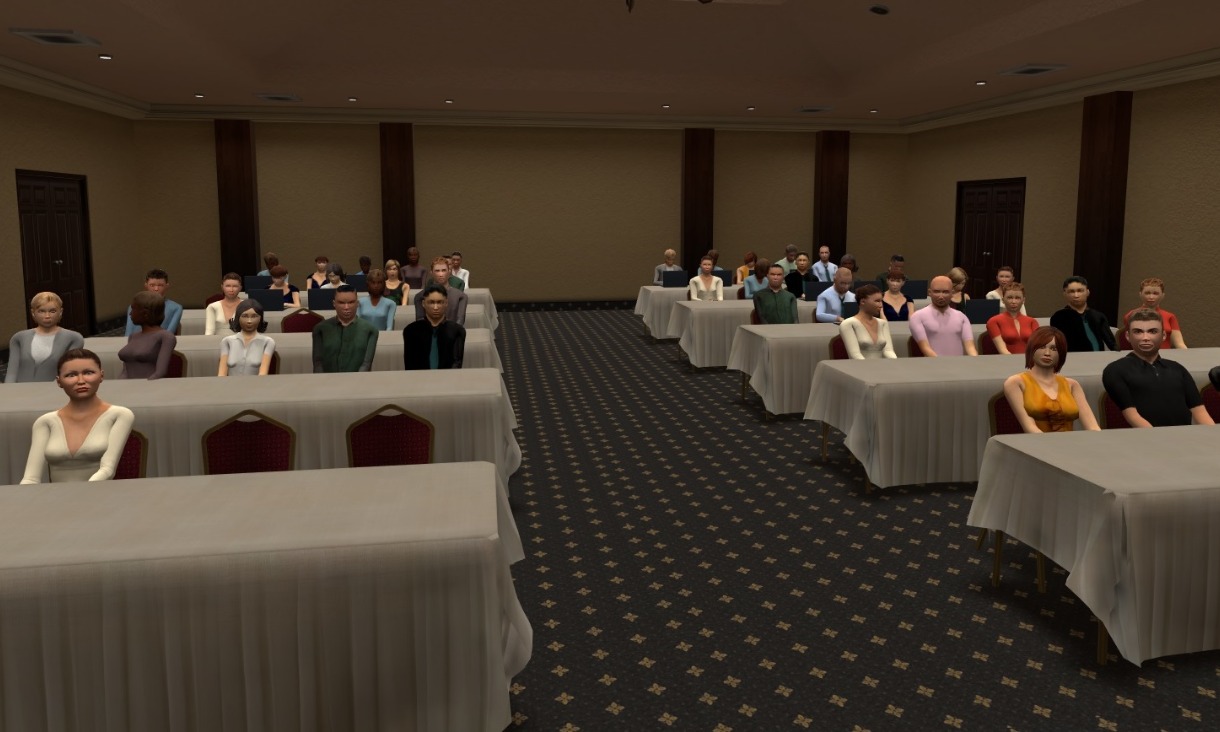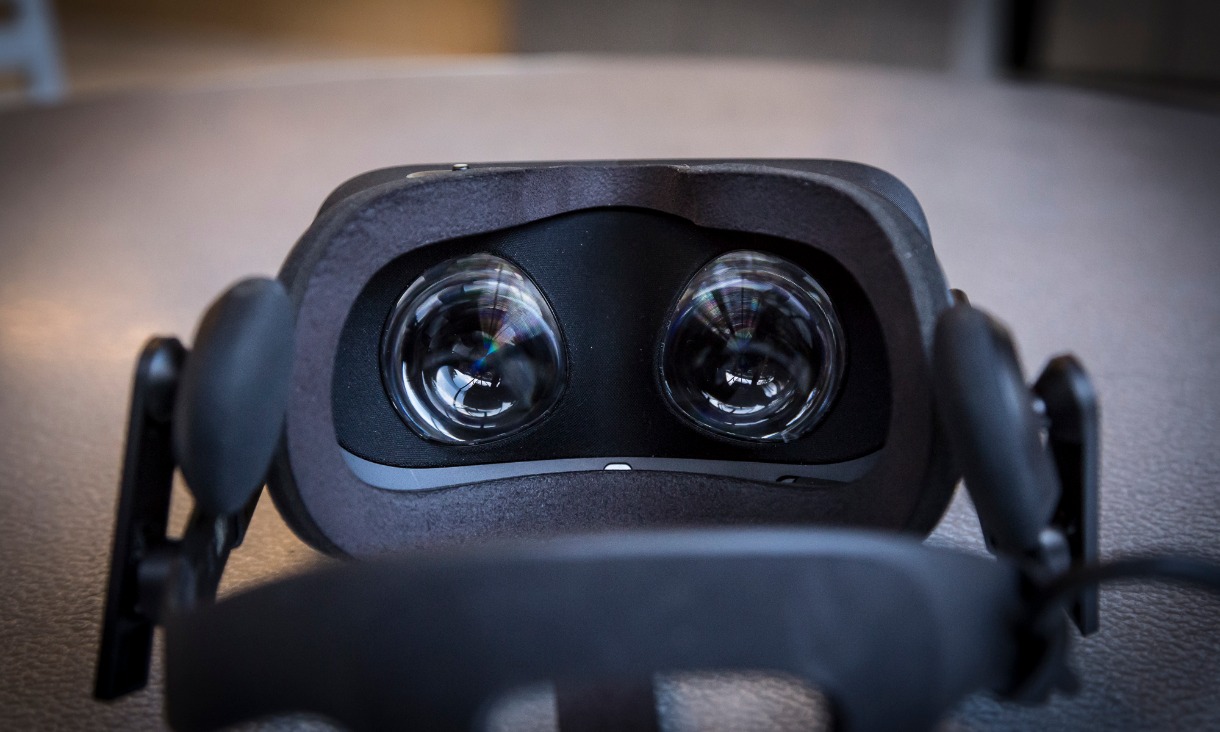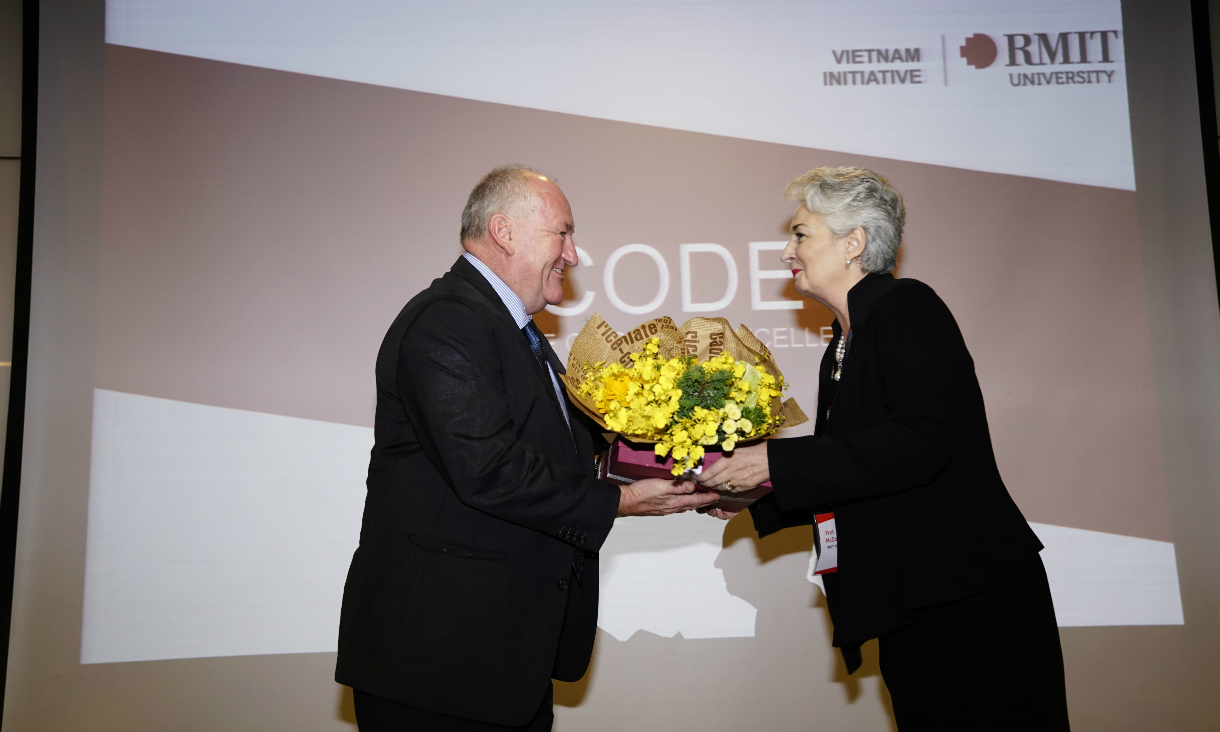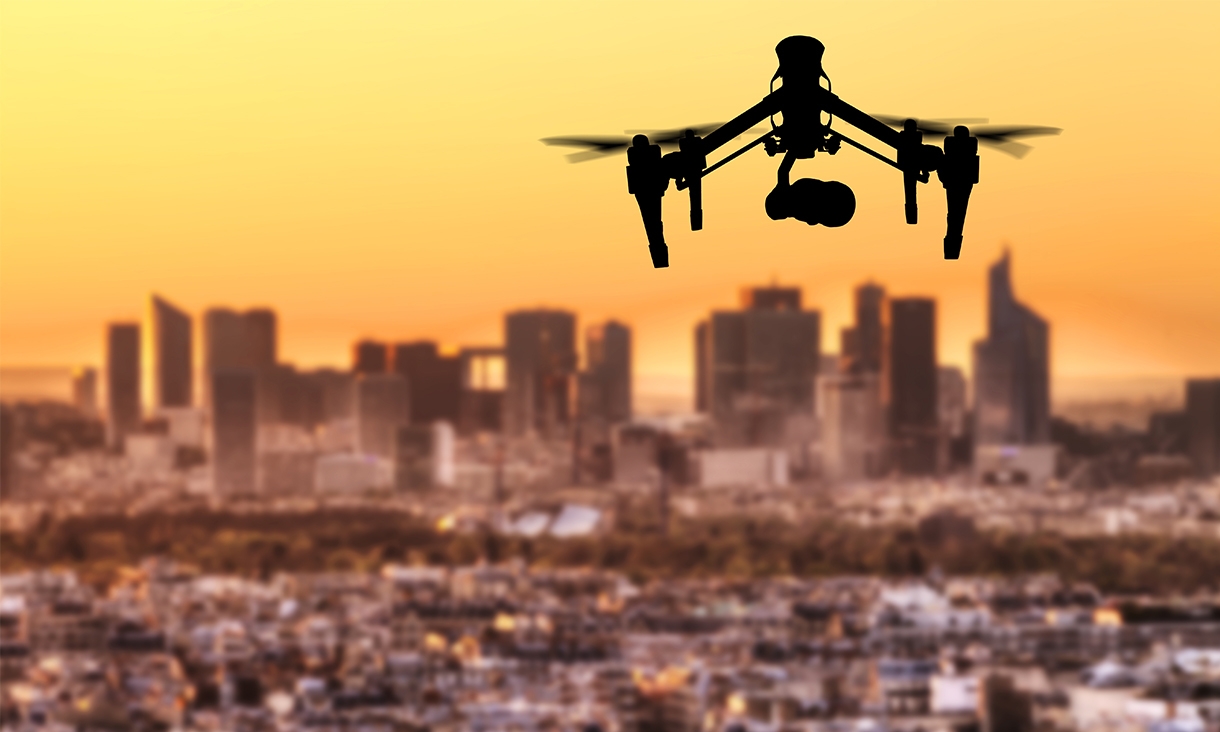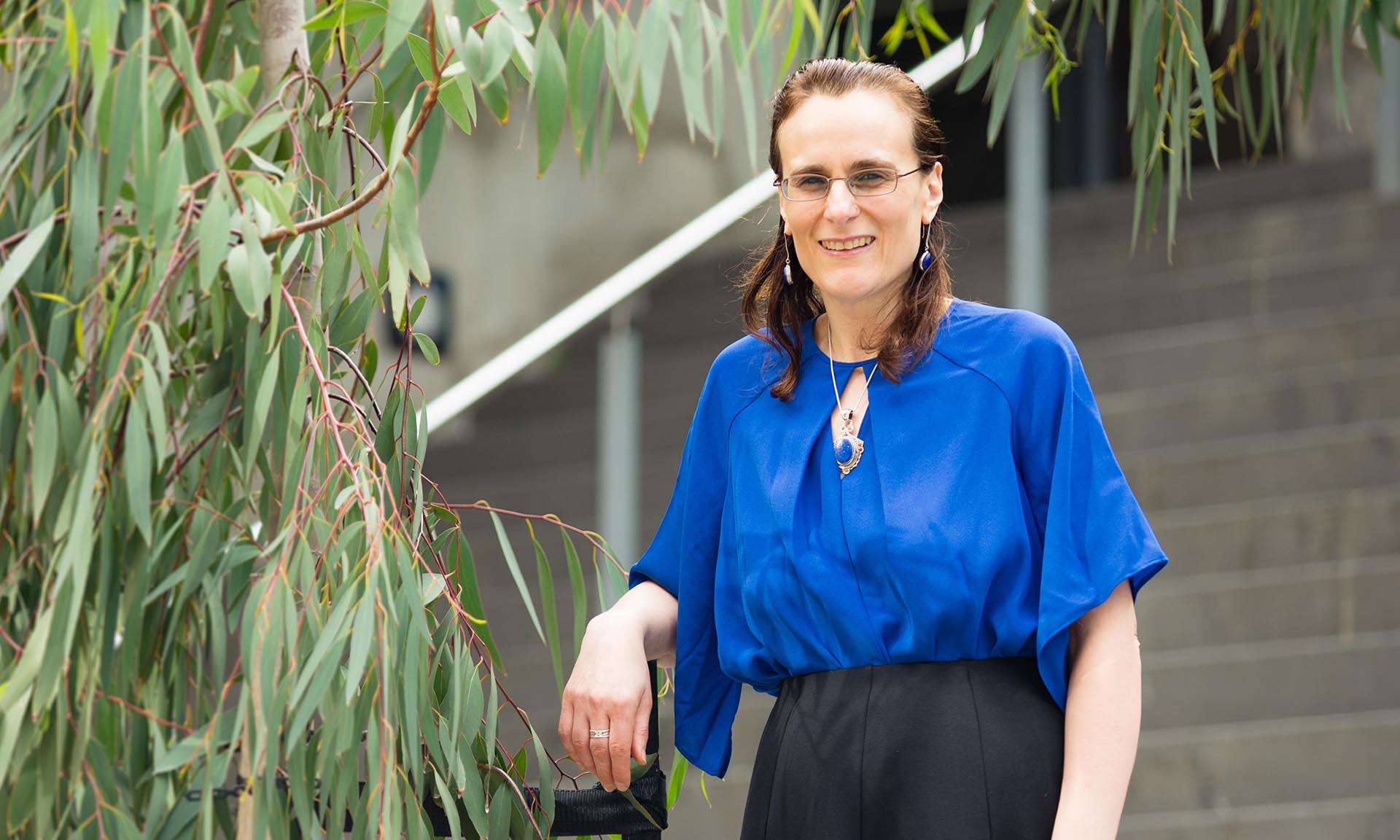RMIT Vietnam launches digital education centre
A new Centre of Digital Excellence at RMIT Vietnam has been launched by Victoria’s Minister for Training and Skills, Steven Herbert.
RMIT and Luceda Photonics launch new photonics toolset
RMIT University, partnering with Luceda Photonics, has launched a comprehensive toolset of electromagnetic simulators for photonic devices, called REME.
Autonomy – the next frontier for drone technology
Aside from pizza and parcel delivery, drones have potential to help in natural disasters, reduce crime and deliver medicine to remote areas. But moving beyond novelty uses is a major challenge.
Meet Sylvia Urban: expert in natural products chemistry
A childhood fascination with the natural world led Associate Professor Sylvia Urban on a journey to discover how the chemistry of life can benefit humanity.

